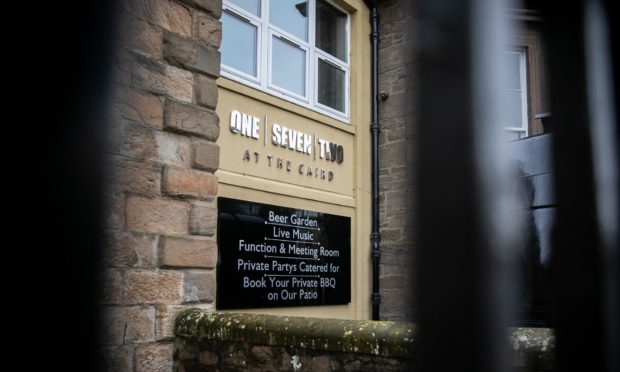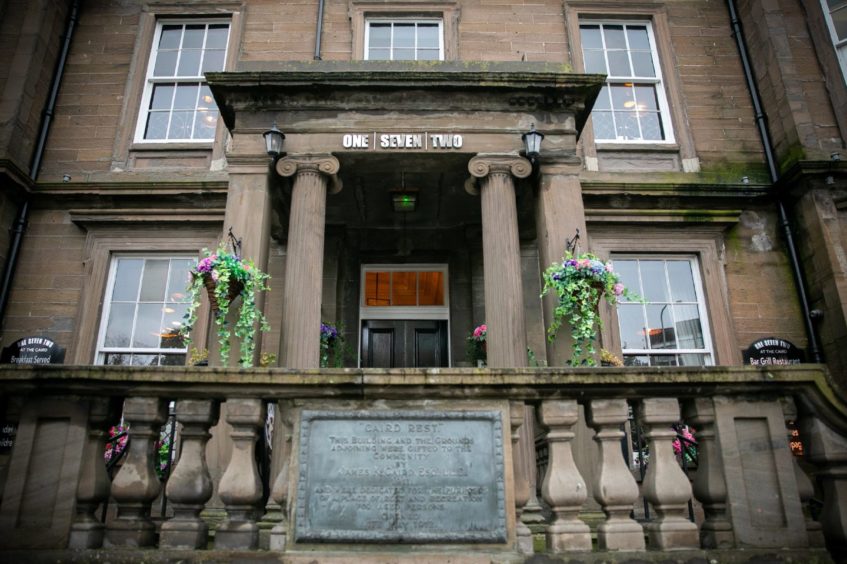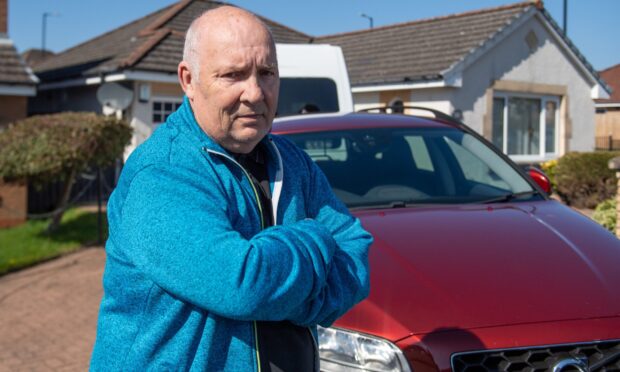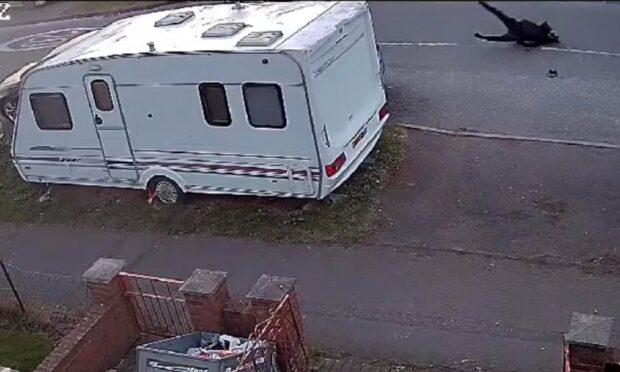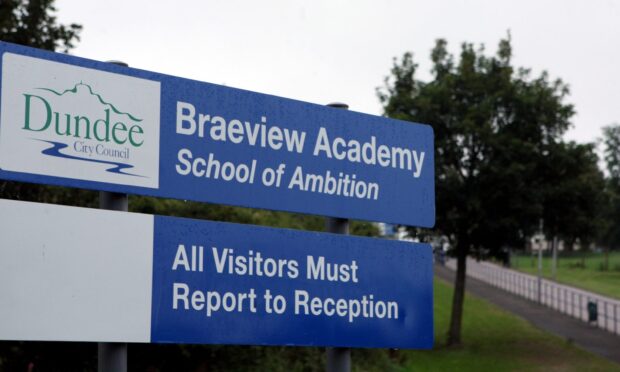A Dundee restaurant owner told staff unless they worked while on furlough during lockdown, they would not be paid.
Martin Tippett, owner of 172 At The Caird on the Nethergate, asked staff to sign a contract committing them to “suitable alternative work” while he was claiming 80% of their wages from the taxpayer.
The Coronavirus Job Retention Scheme rules state that, in order to receive the government funding, staff should not continue working for their employer.
Do you know of anyone on furlough being asked or instructed to work? If so, contact The Courier’s newsdesk on news@thecourier.co.uk
The aim of the scheme, better known as furlough, was to ensure as many workers as possible were supported to stay at home in order to reduce the spread of coronavirus.
Mr Tippett’s staff worked in a takeaway business that operated from the restaurant’s kitchen during lockdown earlier this year.
Now that your [sic] receiving 80% of your average wage, we would like you to work 80% or less of your weekly hours.”
Staff signed a new contract at the start of the furlough period that contained the following clause: “If we are able to provide you with suitable alternative work during any furlough leave and you unreasonably refuse to perform this work, you will not be entitled to any further payment.
“Employees will also be required to comply with any reasonable requirements that may be imposed with a view to ensuring that your services are available during the period of furlough leave, should we need them to work.”
Mr Tippett later sent a message to a staff social media group that said: “Now that your [sic] receiving 80% of your average wage, we would like you to work 80% or less of your weekly hours to make sure we have a business to reopen.”
Chef Steven White – who worked for Mr Tippett for two weeks in October – said he left the business after discovering what had happened.
He said: “I was told there was no money available for food. I’ve been in the trade for 14 years so the alarm bells started ringing.
“I heard from the other kitchen staff they had been asked to work while they were furloughed. If he was treating his staff like that then I didn’t want to help him.”
The revelations come after a National Audit Office report claimed nearly one in 10 workers had been asked to work during the furlough period.
One of Mr Tippett’s employees during lockdown, who wished to remain anonymous, said: “The contract was given to us right after the furlough money became available.
“We had to sign that in order to receive the furlough. None of us knew that was an illegal thing.”
The worker said they did not initially question the contract.
“I needed the money to pay for rent, car insurance, there were bills I needed to pay. There was no getting another job, not in hospitality at least.
“It was only a couple of months later we found out it was illegal.”
‘Me and my wife were sitting there crying’
Mr Tippett confirmed staff on furlough had worked in his takeaway business during lockdown.
He claimed his senior chefs had voluntarily come to him with a proposal to continue working in order to save the business.
The social media message, he said, had been sent to that group.
Mr Tippett, who said he is now facing bankruptcy due to the effect of lockdown on his business, said the contract was drawn up after taking advice from HR professionals.
“If we made a mistake, then it was based on the information that was presented to us at the time.”
He said lockdown was very difficult for his family – personally and professionally.
“Me and my wife were sitting there crying wondering how are we going to pay the wages. We lost 95% of our sales that first week and still had to pay 95% of our suppliers.”
He said the situation was at its most difficult at the start of the lockdown period. “We got not no financial help from the government at all,” he added.
Taxpayers’ money
An HMRC spokesman urged anyone who had evidence of a breach of the rules to get in contact and they would investigate.
He said: “The Coronavirus Job Retention Scheme is part of the collective national effort to protect jobs.
“This is taxpayers’ money and fraudulent claims limit our ability to support people and deprive public services of essential funding,” he added.
